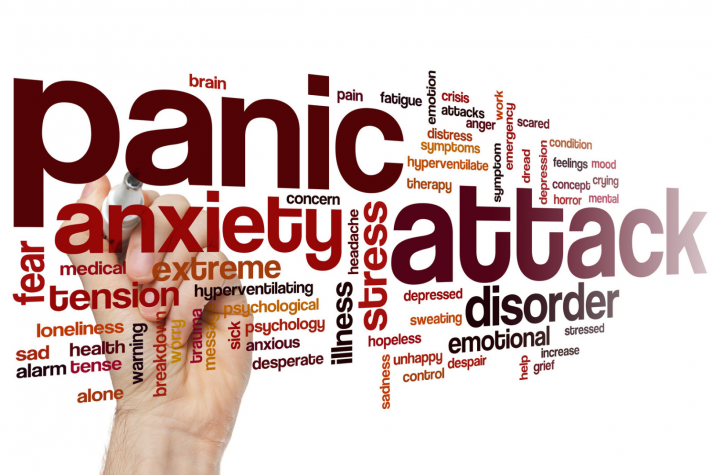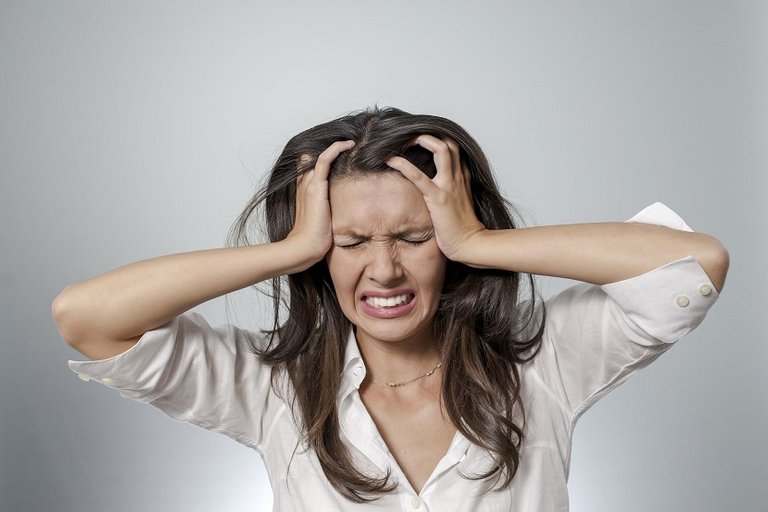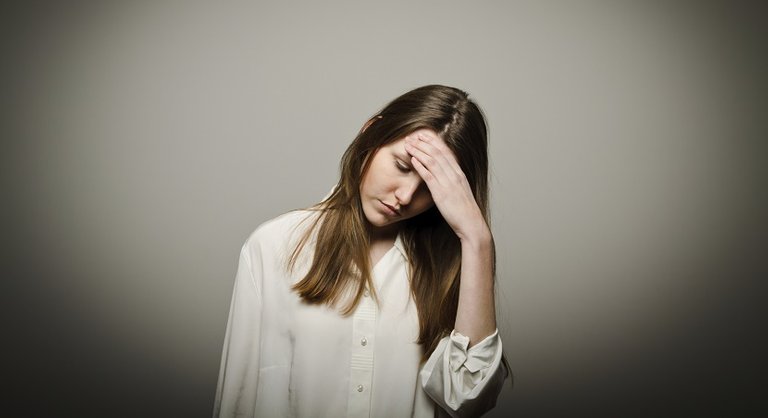What is an anxiety attack or panic attack?

It is an extreme emotional reaction of alarm, which causes fear. The problem comes when it becomes a pathology, manifests itself to a degree too intense and with great frequency. Far from helping to adapt, it blocks the individual and leads to a worse than desired result, which can compromise his physical and mental health.

The panic attack is a very intense anxiety reaction, accompanied by the feeling of lack of ability to control this reaction, and even the conviction that one can end up dying at that moment. This anxiety crisis can occur in different situations. The clues to this disorder, on the one hand, are the types of thoughts that provoke them, being worrisome or catastrophic (such as imminent death, heart attack, dizziness and loss of consciousness, etc.); and on the other hand, in hyperventilation (agitated breathing) that causes a very rapid increase in generalized physiological activation .
Symptoms to identify an anxiety attack:

The symptoms are of temporary onset, usually four (or more) of the following symptoms occur, which start abruptly and reach their maximum expression in the first 10 minutes. They do not have a specific duration, they depend on how the person processes it and how long it takes to get distracted.
- Abrupt increase in the feeling of anxiety and fear
- Tachycardia or strong palpitations
- Increase in body temperature
- Sweating
- Tremors or shaking
- Feeling of unreality or Depersonalization (feeling outside yourself).
- Fear of dying, losing control or knowledge.
- Sensation of choking or suffocation.
- Nausea, Instability, dizziness or fainting.
- Oppression or chest discomfort
- Feeling of numbness or tingling.
The factors that worsen an anxiety crisis are the magnification and the attention to the symptoms, Also in the cases of people who have already suffered some, the anticipation: the own anxiety that causes to think about an attack can get to provoke us one . The key is to divert attention from the symptoms as soon as they appear, so as not to aggravate them.
What do I do if I have an anxiety attack?

The priority for an anxiety attack to disappear is to stop thinking about the symptoms you are suffering. It is advisable:
- Keep an active conversation, do everything possible to call or talk to someone who distracts you.
- Do not magnify the symptoms, it is important to understand that nothing that is happening to you can hurt you.
- Normalize the situation, one of the fears that occur at the beginning of an anxiety attack is that the symptoms are observable and attract the attention of more people, therefore you must make it possible to calm down and avoid stress levels increase by unwanted attention.
What to do after an anxiety attack?

- Stress management:
It is recommended to go with a psychiatrist or psychologist to evaluate what is the detonating factor, then it is to learn to manage and control your stress on your own. - Relaxation method:
It is advisable to learn relaxation techniques in order to be able to recognize as soon as possible a crisis about to explode and interrupt it before it occurs. - Cognitive-behavioral therapy (CBT):
It is useful to learn to recognize your own negative thoughts that appear without you being aware of it and may end up causing panic attacks. This requires the experience and knowledge of a cognitive-behavioral therapist or a solution-oriented therapist.